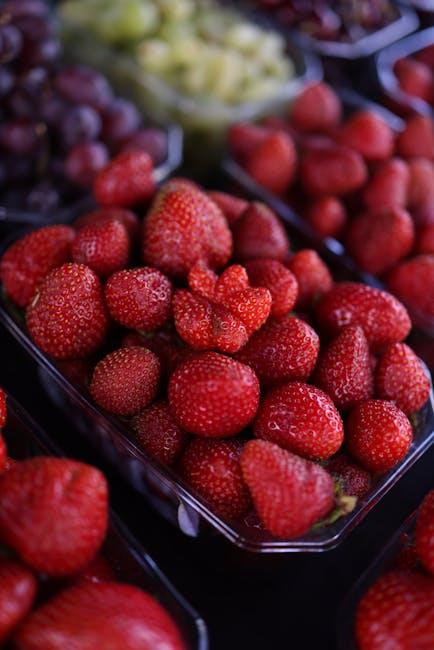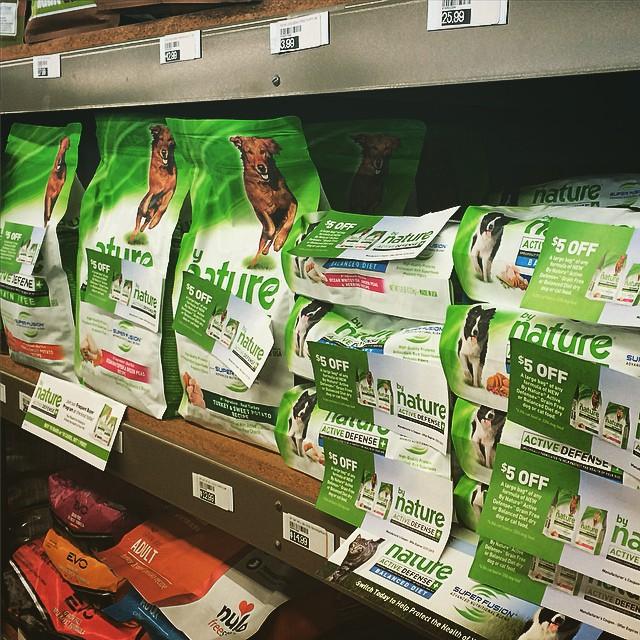In recent years, the importance of a balanced diet has gained significant attention, not just for humans, but for our four-legged companions as well. As conscientious pet owners, we strive to provide our dogs with the best possible nutrition to support their health and vitality. Among the various nutrients that play a crucial role in a dog’s well-being, antioxidants have emerged as a key component deserving of our attention. These powerful substances, found in a variety of foods, can help protect your dog from cellular damage, boost their immune system, and promote overall longevity. In this article, we will explore the essential role antioxidants play in a dog’s diet, how they contribute to your pet’s health, and practical ways to incorporate them into your furry friend’s meals. Whether you’re a seasoned pet owner or new to the joys of canine companionship, understanding the benefits of antioxidants can help you make informed choices that enhance your dog’s quality of life.
Understanding Antioxidants and Their Benefits for Your Dogs Health
Antioxidants play a crucial role in maintaining your dog’s overall health by combating oxidative stress and supporting the immune system. These powerful compounds help neutralize free radicals, which are unstable molecules that can cause cellular damage over time. By including antioxidants in your dog’s diet, you can help protect their cells and promote longevity.
- Immune System Support: Antioxidants such as vitamins C and E help boost the immune response, keeping your furry friend healthier and more resilient against illnesses.
- Reduced Inflammation: Ingredients rich in antioxidants, like blueberries and spinach, may help reduce inflammation, which can alleviate symptoms of arthritis and other inflammatory conditions.
- Improved Cognitive Function: Just like in humans, antioxidants can support brain health in dogs, potentially slowing the progression of age-related cognitive decline.
Incorporating foods rich in antioxidants or supplements recommended by your vet can be a beneficial step towards ensuring a vibrant and energetic life for your pet. Remember, a balanced diet tailored to your dog’s specific needs is the key to unlocking the full potential of these health-enhancing nutrients.

Identifying Antioxidant-Rich Foods to Include in Your Dogs Diet
Introducing antioxidant-rich foods into your dog’s diet can significantly enhance their overall well-being. These powerful compounds help neutralize harmful free radicals in your dog’s body, reducing oxidative stress and supporting a healthier immune system. Consider incorporating a variety of foods to ensure a balanced intake of antioxidants. Blueberries are a tasty option, packed with vitamins C and E, which can easily be added to their meals or served as a treat. Carrots not only provide antioxidants but are also a great source of beta-carotene, promoting good vision and skin health.
Additionally, sweet potatoes are a fantastic choice, offering a rich supply of fiber and essential nutrients. For a touch of green, spinach is an excellent addition; it’s loaded with lutein and flavonoids, promoting heart health. Lastly, don’t overlook the benefits of pumpkin, a food that provides a wealth of beta-carotene and vitamin A, supporting digestive health. Always remember to introduce new foods gradually and consult with your veterinarian to ensure the best choices for your furry friend’s dietary needs.
Practical Tips for Incorporating Antioxidants into Daily Meals
Incorporating antioxidants into your dog’s meals can be a delightful and healthful adventure. Begin by exploring a variety of fresh fruits and vegetables that are rich in these beneficial compounds. Blueberries, cranberries, and sweet potatoes are excellent choices, known for their high antioxidant content. You can easily add these to your dog’s diet by mixing them into their regular food or offering them as snacks. For a savory twist, consider pumpkin or spinach, both of which can be lightly steamed and served alongside their meals.
- Blueberries: Serve fresh or frozen, as a treat or mixed into meals.
- Sweet Potatoes: Bake or boil and mash them for a nutritious side dish.
- Pumpkin: Use canned, unsweetened pumpkin as a fiber-rich addition.
- Spinach: Lightly steam to enhance digestibility and mix with regular food.
When introducing new foods, do so gradually to monitor your dog’s reaction. Always consult your veterinarian to ensure these foods align with your pet’s dietary needs. With these simple additions, you can enrich your dog’s diet with the power of antioxidants, promoting vitality and longevity.
Common Mistakes to Avoid When Adding Antioxidants to Your Dogs Nutrition
While incorporating antioxidants into your dog’s diet can offer numerous health benefits, it’s crucial to avoid certain pitfalls to ensure their well-being. One common mistake is over-supplementation. Antioxidants are beneficial in moderation, but excessive amounts can lead to imbalances and potential health issues. Always consult with a veterinarian to determine the appropriate dosage tailored to your dog’s specific needs.
Another oversight is neglecting to diversify the sources of antioxidants. Instead of relying solely on supplements, consider incorporating a variety of natural foods rich in antioxidants into their diet. Some great options include:
- Blueberries – Packed with vitamins and fiber.
- Sweet potatoes – A great source of beta-carotene.
- Spinach - Contains iron and vitamin C.
- Carrots – Excellent for vitamin A and fiber.
By offering a balanced mix of these foods, you not only provide a rich supply of antioxidants but also enhance your dog’s overall nutrition and enjoyment of their meals.

